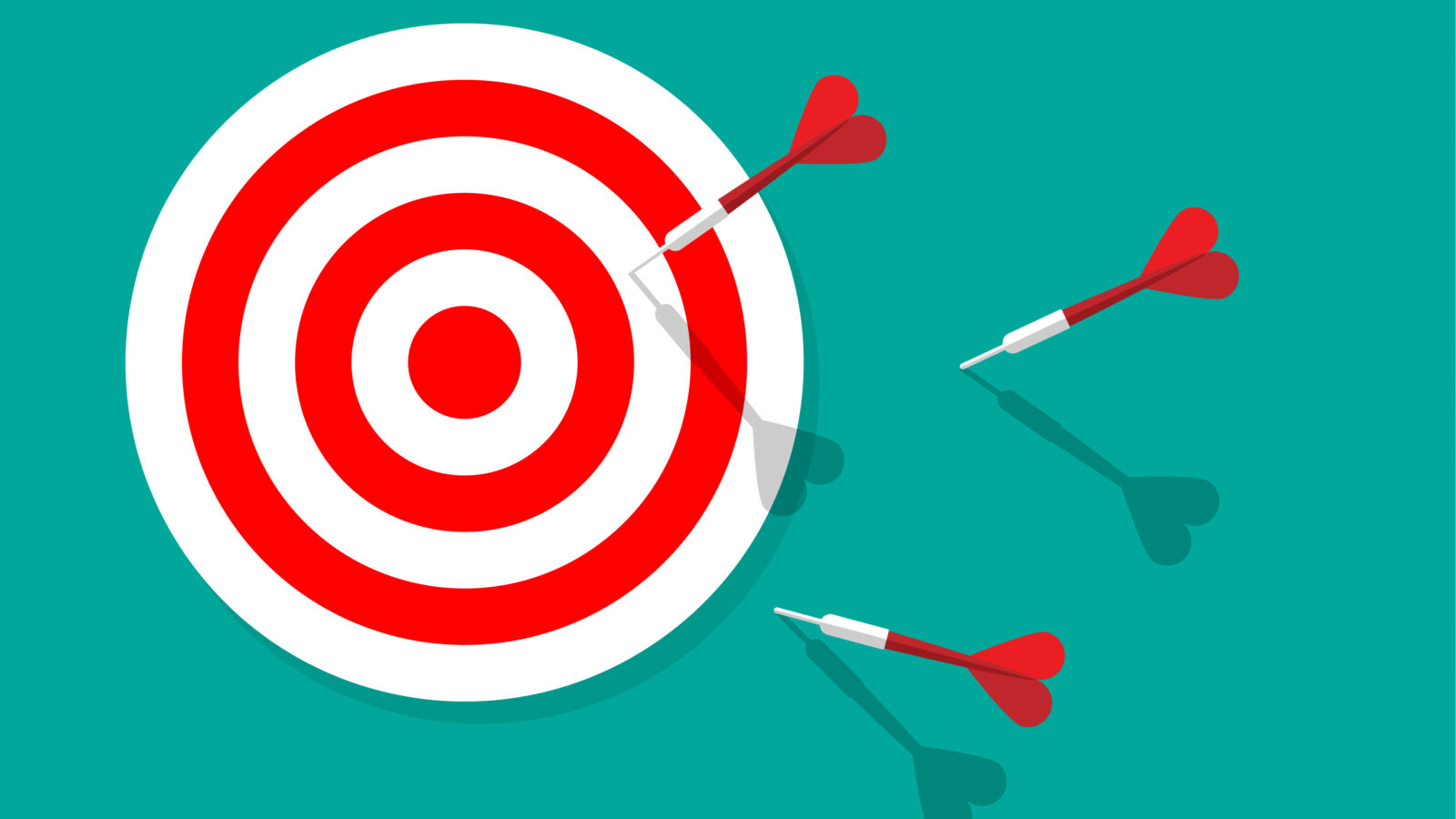We all know that having a purpose in life is good for us. The list of ways that purpose can benefit our physical and mental health is nearly endless. Research shows that having a strong sense of purpose can lower our risk of cardiovascular problems. It can reduce our risk of stroke. It can help us sleep better. It can protect against cognitive decline. It can even help us live longer. And all of that makes sense — we’re wired for purpose. It’s a fundamental part of what makes us human.
But as large of an impact as purpose has on so many aspects of our lives, we often misunderstand it. We tend to think of purpose as this elusive thing we need to find or search for. And then we can connect to it — we’ll have found our purpose and we can check that box. A more helpful way is to think of purpose not as this ineffable thing we search for, but as an outcome of combining our values and our actions. In that way, it’s not so much about finding our purpose as creating it.
Our values are, of course, what we believe in — those beliefs, principles and standards of behavior that we think are important. Not all of us have a well-defined sense of our values, and that’s why clarifying our values is the first step toward purpose. And not all of our actions and daily behaviors are always going to line up with our values — but when our actions are aligned with our values, that’s when purpose becomes a reality. That’s when purpose has an impact not just in our lives, but in the lives of those around us and in our communities. This collective impact is what advances human sustainability.
So how do we align our actions and our values to create purpose? Here are five Microsteps to help you solve the equation.
1. Write down your values. Then write down the daily actions and behaviors you do that align to those values. Many of us think we know what our values are intuitively. But the process of writing things can force us to clarify and refine them, creating a kind of map of our inner world. It also helps us build self-awareness, as well as empathy when we consider the impact of our values on others and how our actions amplify them.
2. Ask someone important in your life how you positively impact their life. This can help us understand how the combination of our values plus our actions is having an impact in other people’s lives. It’s also a great way to create connection.
3. Think of one challenge you’re facing right now, and then reflect on how you’re responding to it. Is it possible to better align the actions you’re taking with your values? When times are tough, that’s when it’s most important to act in alignment with our values. Yes, that’s also when it’s toughest to do it, but we can also learn how valuable it can be to think about how we can use our values and actions to help solve problems.
4. Connect to the bigger picture. Think about how your values and actions connect to the greater good or to something larger than yourself. When we look for those connections, we can see that even small actions can add up to create a big impact. For example, there’s the famous story of when President John F. Kennedy first went to NASA headquarters in 1961. Seeing a janitor on the tour, he asked the man what he was doing. His response? “Well, Mr. President, I’m helping to put a man on the moon.” We’re all part of something larger when we look at the impact we have in our daily life, in our work, and in our relationships. And collectively, that’s the core of Human Sustainability – the realization that we can get there if we all take action even in small ways.
5. Sustain your values, but also revisit them. Think about how to make your values and actions more sustainable in your life. Are there ways in which you can more easily and sustainably connect your actions to your values? And remember that values can change over your life journey — and that’s ok. So revisit values and actions periodically to make sure they still align.
When we break down purpose into values + actions, it’s a lot easier to see our purpose, and see the impact of our purpose. And that’s going to allow us to lead more sustainable lives, both individually and collectively.


